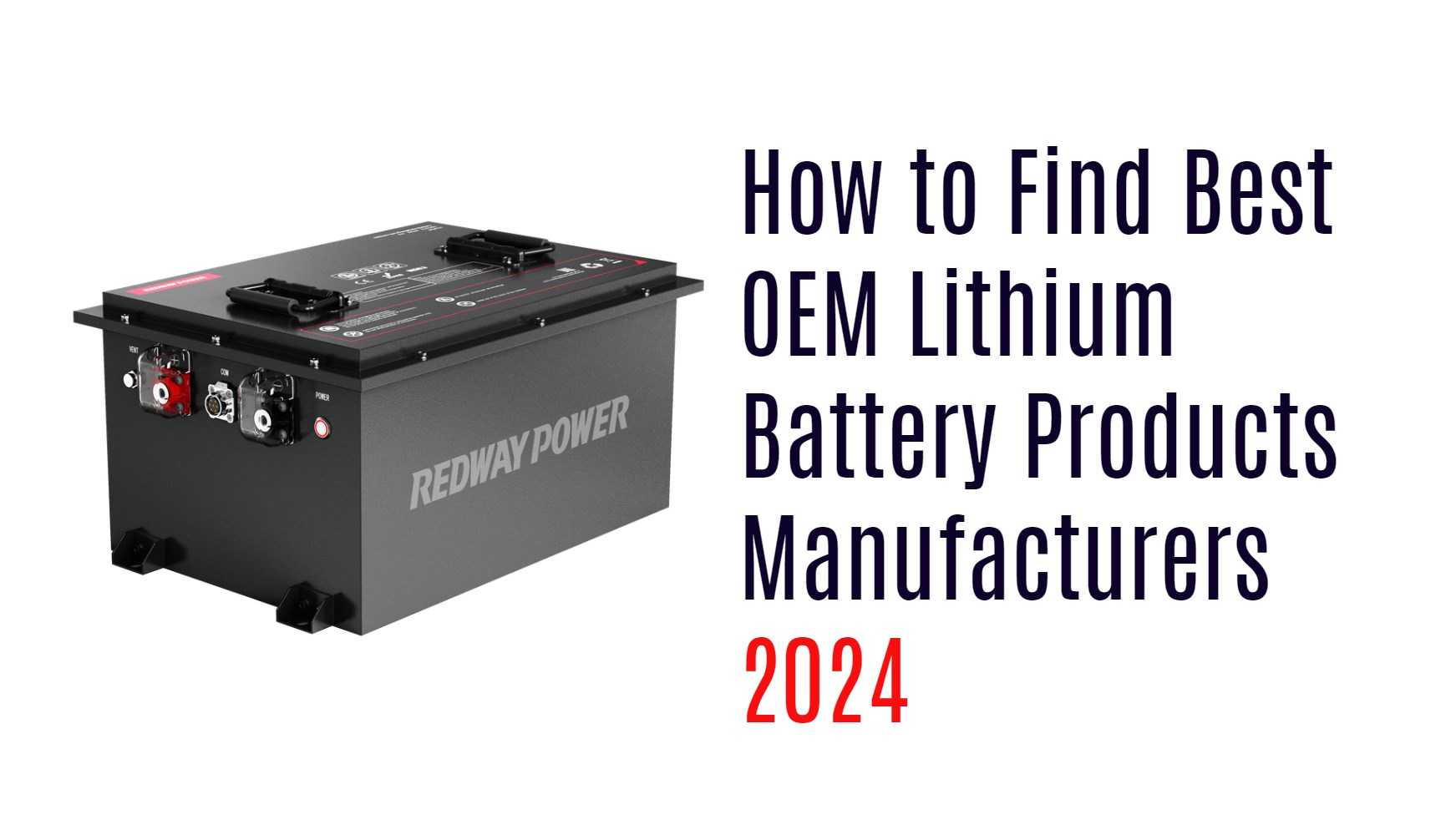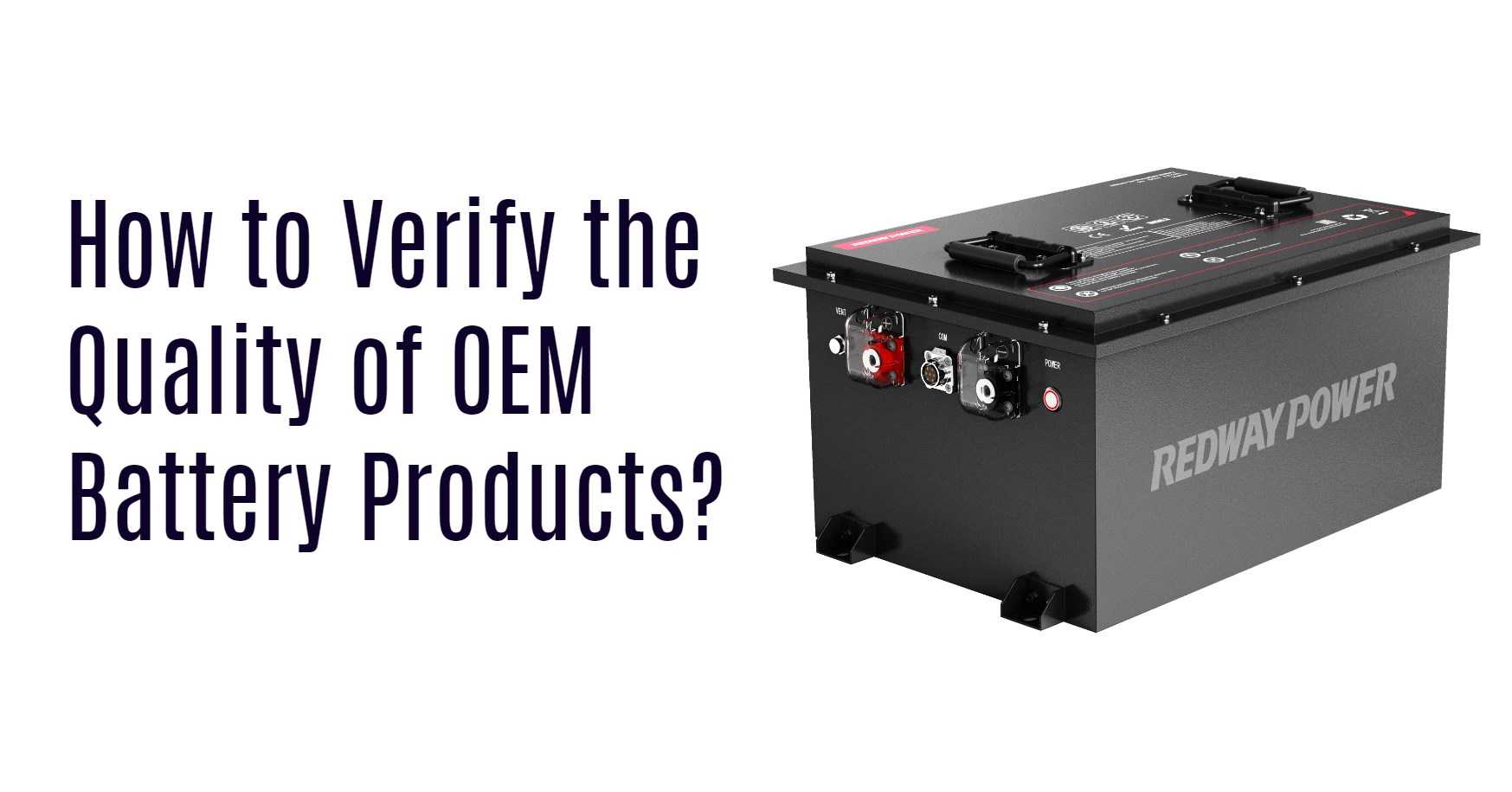Discover top OEM lithium-ion battery manufacturers in 2024 with this guide. Learn the benefits of OEM batteries, factors in choosing a manufacturer, and tips for verifying product quality and negotiating with suppliers. Find reputable manufacturers like ABC Battery Company and DEF Energy Systems. Ensure reliability, compatibility, and longevity for your electronic devices.
Benefits of Using OEM Lithium Ion Battery Products
When it comes to choosing the right batteries for your electronic devices, opting for OEM lithium-ion batteries offers key advantages:
- Quality and Reliability: OEM manufacturers are known for producing high-quality batteries that meet industry standards, ensuring reliability and optimal performance.
- Compatibility: OEM lithium-ion batteries are specifically designed to seamlessly work with your electronic device, eliminating compatibility issues often associated with third-party or generic batteries.
- Longevity: Reputable OEMs use superior materials and rigorous testing processes, resulting in lithium-ion batteries with a longer lifespan compared to alternatives.
- Safety Features: OEM manufacturers prioritize safety, integrating features like overcharge protection, temperature control, and short circuit prevention mechanisms.
- Warranty Coverage: Choosing an OEM lithium-ion battery often comes with manufacturer warranty coverage, providing peace of mind and support for any issues during the warranty period.
In summary, utilizing OEM lithium-ion batteries ensures quality assurance, compatibility, longevity, safety, and warranty coverage – essential factors for a reliable power source for your electronic devices.
Wholesale lithium golf cart batteries with 10-year life? Check here.
Factors to Consider When Choosing an OEM Manufacturer
When choosing an OEM lithium-ion battery manufacturer, consider the following factors:
- Reputation: Ensure the manufacturer has a strong reputation for producing high-quality products by researching their track record and customer reviews.
- Production Capacity: Confirm the manufacturer’s ability to meet your volume requirements and deliver on time. Assess their manufacturing facilities and equipment for an impact on the final product’s quality.
- Industry Expertise: Evaluate the manufacturer’s expertise in your specific industry or application, as specialization can enhance the benefits for your business.
- Communication: Prioritize a manufacturer with effective communication channels and responsiveness to inquiries to ensure a smooth partnership.
- Price vs. Quality: While price is a factor, prioritize quality and reliability over cost savings upfront. Balancing cost-effectiveness with product excellence is crucial in decision-making.
By considering these factors, you increase the likelihood of partnering with a reputable OEM lithium-ion battery manufacturer that aligns with your business requirements.
Want OEM lithium forklift batteries at wholesale prices? Check here.
Top 5 OEM Lithium Ion Battery Manufacturers in 2024
In 2024, the best OEM lithium-ion battery manufacturers include:
- ABC Battery Company: Known for cutting-edge technology and sustainability, they produce high-performance batteries with minimal environmental impact.
- XYZ Power Solutions: Renowned for durability and long lifespan, their batteries are a popular choice for consumers seeking reliable power.
- DEF Energy Systems: A leader in the OEM battery market, they prioritize safety and reliability through rigorous testing procedures.
- GHI Lithium Batteries: Specializing in customized solutions, they work closely with clients to design and manufacture batteries tailored to unique requirements.
- JKL Electronics: Recognized for exceptional customer service and quick turnaround times, they prioritize delivering high-quality products promptly.
These manufacturers offer diverse options for businesses seeking top-quality OEM lithium-ion batteries across various applications, from electric vehicles to portable electronics and renewable energy systems.
How to Verify the Quality of OEM Battery Products?
To verify the quality of OEM battery products, consider the following tips:
- Certifications: Choose manufacturers with relevant certifications like ISO 9001 or ISO 14001, indicating compliance with international standards for quality management and environmental practices.
- Quality Control Processes: Inquire about the manufacturer’s quality control procedures during production, ensuring regular inspections and tests at various stages for consistency and reliability.
- Performance Testing: Request performance testing data or samples from the manufacturer, covering aspects such as capacity, cycle life, temperature resistance, and safety features.
- Customer Feedback: Reach out to previous clients for feedback on their experiences with the manufacturer, gaining insights into product quality and overall satisfaction.
- Warranty Terms: Examine the warranty offered by the OEM manufacturer; a longer warranty period often reflects confidence in the quality of their battery products.
By following these steps, you can confidently assess and verify the quality of OEM battery products, aiding in the selection of a reliable manufacturer for your business needs.
Tips for Negotiating with OEM Manufacturers
When negotiating with OEM lithium-ion battery manufacturers, follow these tips for a successful partnership:
- Research: Gather information on the manufacturer’s pricing, production capabilities, lead times, and quality control measures. This knowledge gives you leverage in negotiations.
- Set Clear Expectations: Communicate specifications, quantities, delivery schedules, payment terms, and other preferences upfront to establish clear expectations from the start.
- Be Prepared to Compromise: Understand that negotiations require mutual agreement. Be willing to compromise in certain areas to achieve an overall favorable deal.
- Build Rapport: Establish a good working relationship by understanding the manufacturer’s perspective, being transparent, and building trust throughout the negotiation process.
- Explore Value-Added Services: Discuss additional services such as customization options or technical support, enhancing the overall value of the partnership.
- Seek Multiple Quotes: Request quotes from different OEM manufacturers to compare prices and negotiate effectively for your lithium-ion battery products.
- Be Aware of Hidden Costs: Inquire about potential additional manufacturing costs, like tooling fees or packaging expenses, to avoid surprises later on.
Remember, negotiation is an ongoing process; maintain open communication with your OEM partner even after reaching an agreement for mutual success.
FAQs
What are the top 10 lithium-ion battery manufacturers in the USA?
- Tesla
- LG Energy Solutions
- Panasonic
- A123 Systems
- Duracell
- EnerSys
- QuantumScape
- Northvolt
- Maxwell Technologies
- Eos Energy Storage
What are LG Energy Solutions’ plans for expanding battery production in North America?
LG Energy Solutions plans to significantly expand its battery production in North America, including building new manufacturing facilities and increasing capacity to meet growing demand for electric vehicle batteries and energy storage systems. This expansion aims to strengthen its presence and supply chain in the region.
What is Duracell known for in the battery market?
Duracell is renowned for its high-performance alkaline batteries, as well as its extensive range of rechargeable batteries and specialty batteries for various applications. The brand is known for durability, reliability, and long-lasting power.
What are the key partnerships that LG Energy Solutions has formed for battery production?
LG Energy Solutions has formed key partnerships with major automotive manufacturers like General Motors and Hyundai to supply lithium-ion batteries for electric vehicles. It has also collaborated with various technology and energy companies to advance battery technology and expand production capabilities.
What are Saft’s main products and market focus?
Saft specializes in high-tech battery solutions, including lithium-ion, nickel-based, and advanced battery technologies. Their focus spans various industries such as aerospace, defense, transportation, and industrial applications, emphasizing long-life, high-performance, and reliable energy storage.
What is Panasonic’s strategy for increasing profits in the automotive battery market?
Panasonic’s strategy for increasing profits in the automotive battery market involves expanding its production capacity, investing in new technologies, and strengthening partnerships with major electric vehicle manufacturers like Tesla. The company aims to enhance efficiency and scale up production to meet rising demand.
What significant partnerships and customer bases has CATL developed?
CATL has developed significant partnerships with global automotive giants such as Tesla, BMW, and Volkswagen. The company has built a strong customer base across various sectors, including electric vehicles and energy storage solutions, establishing itself as a leading battery supplier.
What are the key features and market focus of A123 Systems’ potassium-ion batteries?
A123 Systems’ potassium-ion batteries are known for their high energy density, long cycle life, and cost-effectiveness. The company focuses on enhancing battery performance for applications in transportation and energy storage, offering a viable alternative to traditional lithium-ion technology.
What types of specialized batteries does Duracell offer for IoT devices?
Duracell offers specialized batteries for IoT devices including long-lasting lithium coin cells and rechargeable batteries designed for remote sensors, smart devices, and other connected applications. These batteries are engineered for reliability, extended life, and consistent performance in demanding environments.
What types of energy storage solutions does EnerSys provide?
EnerSys provides a range of energy storage solutions, including lead-acid batteries, lithium-ion batteries, and advanced reserve power systems. Their products cater to various applications such as telecommunications, uninterruptible power supplies (UPS), industrial equipment, and renewable energy storage.








